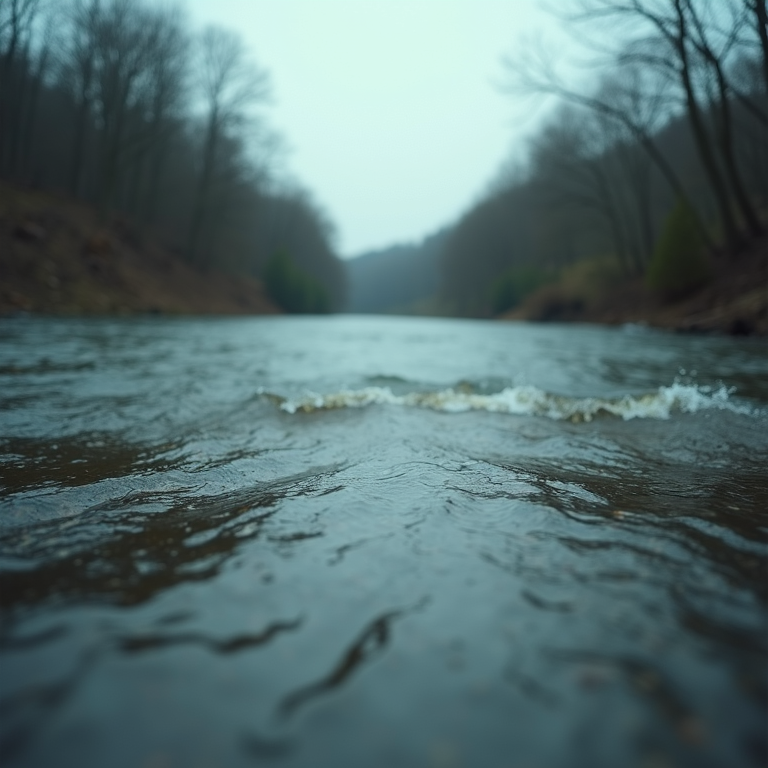Historic Cape Foulweather Land Returned To Siletz Tribe
- Kiera Morgan

- Nov 20, 2024
- 3 min read

In a historic land transaction, the Confederated Tribes of Siletz Indians regained ownership of 27 acres of their ancestral homelands at Cape Foulweather on the central Oregon coast. This significant land purchase capstones a multi-year collaboration to protect the land’s ecological, cultural and scenic values. Funded by a $2.01 million grant from the National Oceanic and Atmospheric Administration, (NOAA) the Tribe completed the purchase from McKenzie River Trust in October 2024. In 2022, McKenzie River Trust acquired the land from an out-of-state developer, serving as a bridge owner until the Tribe secured funding.
The area has long been a conservation priority. A coalition of partners – including the Tribe, Lincoln County, The Nature Conservancy in Oregon, the Oregon Department of Land Conservation and Development, and McKenzie River Trust – came together to secure the property, obtain funding and return the land to Tribal ownership. Robert Kentta, a member of the Siletz Tribal Council, emphasized the significance of this project in reconnecting Siletz people with their heritage: “Before settlement, this land was home to our families, who fished from the rocks and canoed in the ocean, and gathered mussels from the rocky shore. Now, we will have the opportunity to reinvigorate our connections to traditional lifeways.”
Oregon Governor Tina Kotek echoed this sentiment, emphasizing the collective effort behind the land’s return: “The return of Cape Foulweather to the Confederated Tribes of Siletz Indians is of monumental historic significance. I want to express my gratitude to the local government partners and community-based organizations that came together to protect a beautiful place and support the efforts to return ancestral land to the Tribe.”
Partners collaborated to access federal funding to support this effort. As a result, the National Oceanic and Atmospheric Administration awarded $2.01 million to the Department of Land Conservation and Development and the Siletz Tribe to purchase the property through the Coastal Zone Management Habitat Protection and Restoration Bipartisan Infrastructure Law funding.
The grant was awarded to the Department of Land Conservation and Development through the Oregon Coastal Management Program, aiming to increase coastal resilience by conserving ecologically significant coastal habitats. Cape Foulweather, a coastal headland featuring rocky shores, salt spray meadows, and spruce forests, holds both environmental and cultural value. The 27-acre parcel lies within the 1.1 million-acre Siletz Reservation, established by U.S. President Franklin Pierce on Nov. 9, 1855. Over the following decades,
the Tribe lost most of their reservation lands through forced land cessions, leaving the Cape
Foulweather parcel as one of the few undeveloped areas. The return of this land marks the first oceanfront property the Tribe has recovered since those historic losses.
Stan van de Wetering, the Tribe’s biological programs manager, noted the unique ecological features of the property: “This land bridges the ocean and forest, providing access to important cultural resources, including first foods and fibers like seaweed, mussels, kelp, spruce roots and other native plants and animals that serve important roles in Tribal culture.”
Peter Hatch, history and archaeology specialist with the Tribe's Culture Department, underscores the cultural importance of this acquisition: "This land was part of the original homeland set aside for the Confederated Tribes of Siletz Indians in 1855. We are honored to once again be stewards of this sacred place, thanks to the efforts of many."
The Tribe plans to steward the land in a way that promotes native plant and animal diversity, connects Tribal members and youth to their culture, and engages the public in understanding the importance of Oregon’s coastal habitats for plants, animals and people, and considers Cape Foulweather a hub for cultural revitalization and ecological stewardship.
“I'm excited that this land can now be a gathering place for Siletz people. In particular, I look forward to engaging our youth, who may not be as familiar with some of our traditional practices.
We’re already thinking about the needs of the land here and how we can restore kelp beds and bring back ecological fire,” Kentta shared. “Bringing Cape Foulweather home to the Tribe is an important step forward in safeguarding this special area for today and generations to come.” This historic land return not only restores the Siletz Tribe’s connection to their ancestral homelands but also strengthens a collaboration building coastal resilience for the state. It ensures that cultural, traditional, and ecological diversity will thrive for years to come.





.png)



Comments